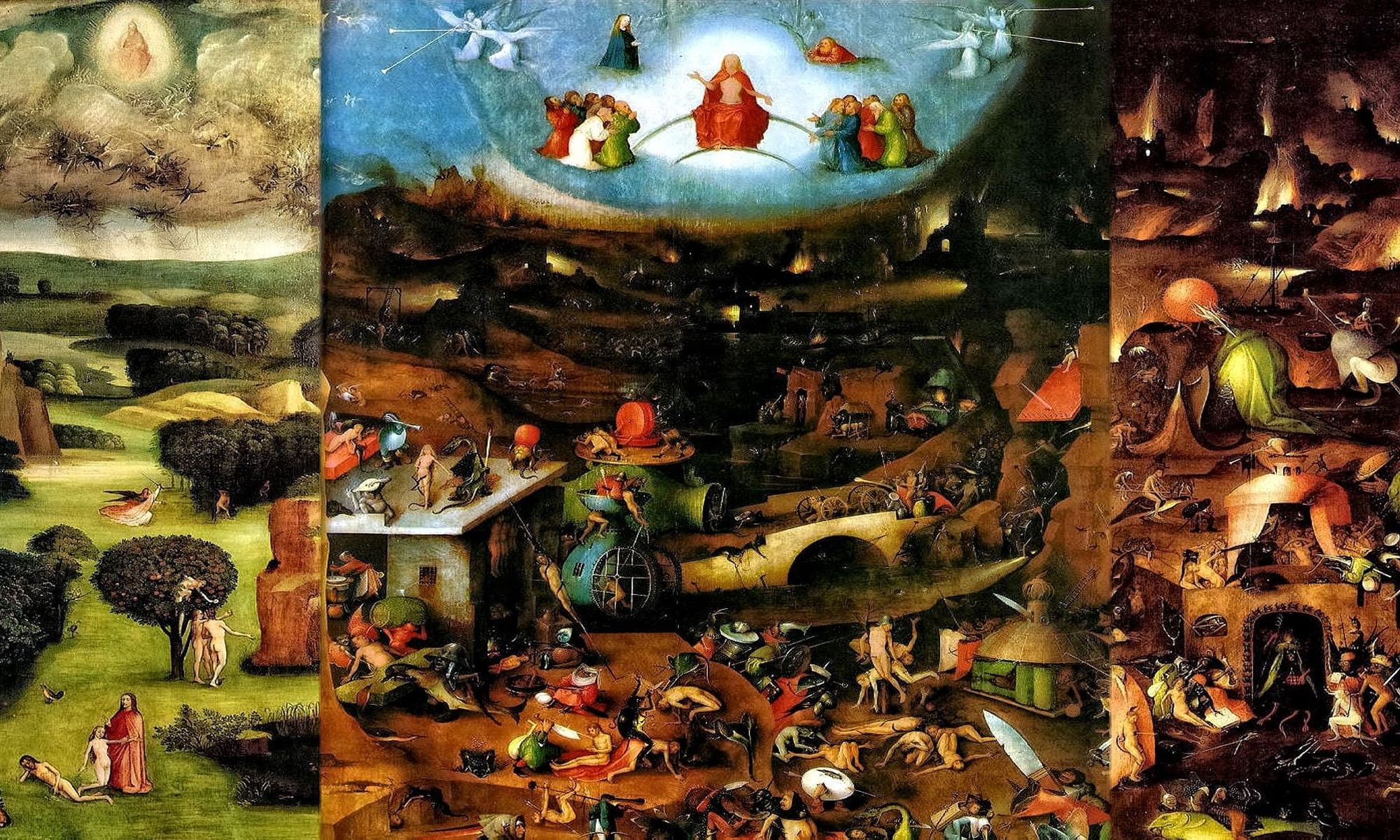Dr. Luka Kovac sat at his desk in the dimly lit office, his fingers tapping rhythmically on the worn surface. He had seen it all—patients who came to him with hope in their eyes, only to leave with their pockets emptied and their conditions unchanged. He leaned back in his chair, staring at the medical charts scattered in front of him, the weight of his thoughts pressing down on him like a suffocating cloud.
“How did we get here?” he muttered to himself, his voice low and tired. “How did we go from curing diseases to bankrupting people without giving them a single ounce of real help?”
Luka had been practicing medicine for over two decades, but the longer he worked, the more disillusioned he became. He had once believed in the power of medicine to heal, to save lives, to make a difference. But now, as he looked at the state of the healthcare system, all he saw was a machine designed to extract money, not to provide real cures.
He thought about the patient he had seen earlier that day—a middle-aged man who had been suffering from chronic pain for years. The man had tried every treatment Luka could offer, but nothing had worked. The man’s insurance company was barely covering the cost of the endless tests and treatments, and Luka knew that in the end, the man would leave his office with nothing but a stack of bills and a worsening condition.
“The system is broken,” Luka muttered, his voice thick with frustration. “We’re not curing anything. We’re just managing symptoms, draining people’s savings until they’re left with nothing.”
Luka thought back to the 1960s, when only about 6% of the population suffered from chronic, incurable diseases. He had studied the history of medicine, and in those days, doctors were able to make real progress. Diseases like tuberculosis and polio had been eradicated, and people had a sense of hope when they walked into a doctor’s office. But now, in the present day, things had changed. Chronic diseases were no longer the exception—they were the norm.
“Today, 60% of the population has chronic diseases,” Luka said, shaking his head. “And we’re not curing them. We’re just managing them, offering temporary fixes that don’t address the root cause. It’s all about the money. The more treatments we prescribe, the more tests we run, the more money the system makes.”
Luka leaned forward, his elbows resting on the desk, his hands clenched in frustration. “I hate this system,” he admitted, his voice raw with emotion. “I hate that we’re just prolonging suffering without offering any real solutions. I hate that I’m part of it. Sometimes, I’m tempted to just quit. Walk away from it all. But what would that solve?”
He looked out the window, his gaze distant as he pondered the state of the world. Medicine had once been a noble profession, a way to help people, to ease their pain. But now, it felt like a game—a game where the stakes were high, but the players were only interested in the bottom line.
“I try to help,” Luka said softly, almost to himself. “I try to give my patients something more than just a prescription or a diagnosis. But the system is bigger than me. It’s bigger than any of us.”
He paused, thinking about the countless patients he had seen over the years—people who had come to him in desperation, hoping for a cure, only to leave with nothing but a sense of defeat. Luka had tried his best to offer compassion, to listen, to offer whatever help he could. But the reality was, there were no simple solutions. The treatments were expensive, and the results were often minimal.
“I’m not sure what the answer is anymore,” Luka admitted, his voice tinged with bitterness. “Maybe there isn’t one. Maybe the system is too far gone to fix. But I can’t keep doing this forever. I can’t keep bankrupting my patients and watching them suffer. Maybe it’s time to step away.”
But even as he thought those words, Luka knew deep down that he couldn’t just quit. The world needed doctors, even if the system was broken. The patients needed someone to fight for them, even if it felt like an uphill battle.
For now, Luka Kovac would continue to practice medicine, knowing that the system was flawed, but also knowing that he couldn’t walk away. He would keep trying, even if it felt like the odds were stacked against him. Because, in the end, the only thing that mattered was the people who walked through his door, looking for help. And as long as there were people in need, Luka would be there, even if it meant fighting a system that seemed determined to devour them all.

